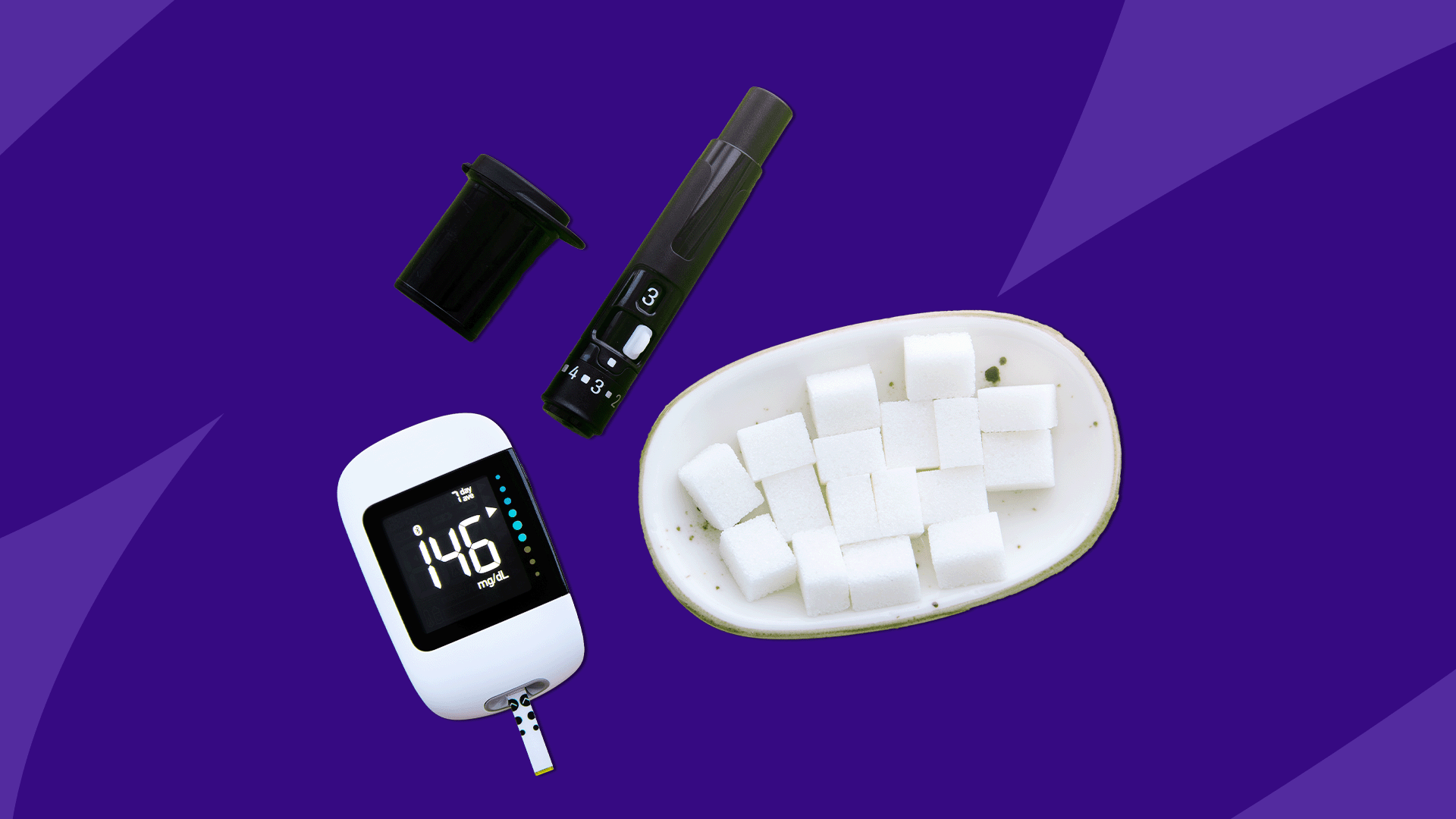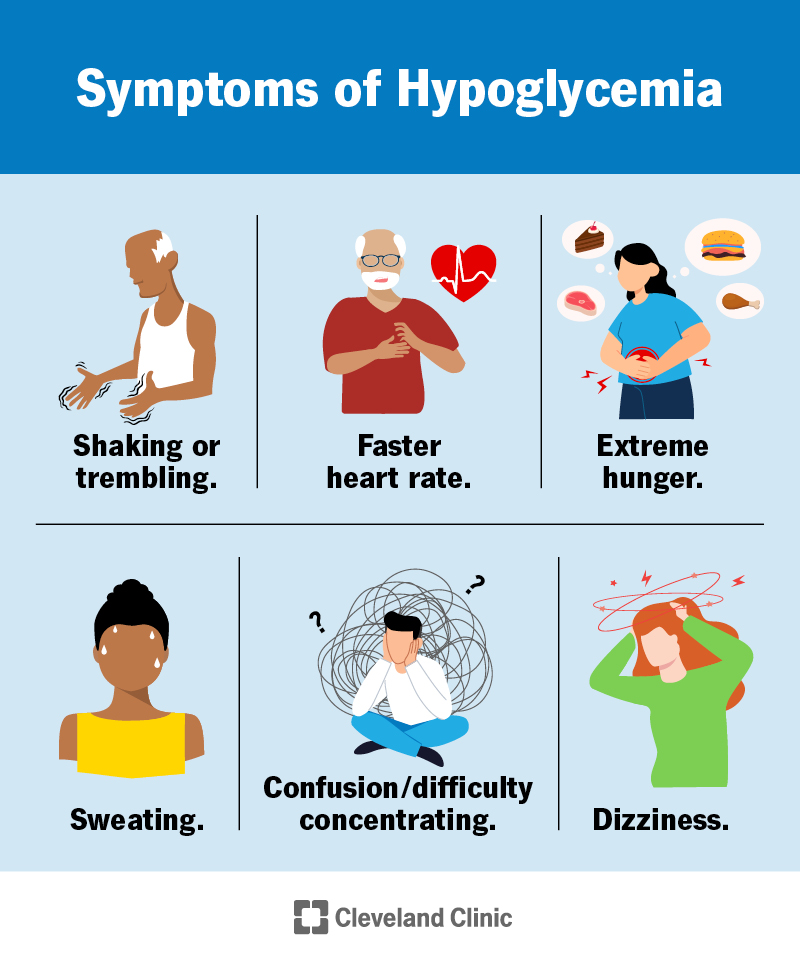Flonase is a common nasal spray. It helps treat allergies. Many people use it to feel better. But, some wonder if it affects blood sugar. In this article, we will explore this question. We will also discuss how Flonase works.
What is Flonase?
Flonase contains fluticasone propionate. It is a corticosteroid. Corticosteroids help reduce inflammation. They calm the body’s response to allergens. This helps people breathe easier. Flonase is often used for allergies like:
- Hay fever
- Nasal congestion
- Runny nose
- Itchy eyes

Credit: www.singlecare.com
How Does Flonase Work?
Flonase works by blocking certain chemicals in the body. These chemicals cause allergy symptoms. When you use Flonase, it can help with:
- Reducing sneezing
- Stopping a runny nose
- Reducing nasal itching
- Calming nasal swelling
Flonase and Blood Sugar Levels
Many people ask, “Does Flonase raise blood sugar levels?” The answer is not simple. Most people do not see a big change. However, some studies suggest it may raise blood sugar a little. This can happen to some people, especially those with diabetes.
Why Might Flonase Raise Blood Sugar?
Corticosteroids can affect how the body handles sugar. They may make the liver release more sugar into the blood. This can lead to higher blood sugar levels. For most people, this change is small. But for those with diabetes, it can be more serious.

Credit: my.clevelandclinic.org
Who Should Be Cautious?
People with diabetes should be careful. If you have diabetes or are at risk, talk to your doctor. They may want to check your blood sugar more often. This is important when you start using Flonase.
Monitoring Blood Sugar
Regularly checking blood sugar is very important. This helps you see how Flonase affects you. You can monitor your blood sugar at home. Use a simple blood sugar meter. Check your levels before and after using Flonase. This way, you can notice any changes.
Other Possible Side Effects of Flonase
Besides blood sugar changes, Flonase has other side effects. Some common side effects include:
- Nosebleeds
- Nasal irritation
- Headaches
- Sore throat
These side effects are usually mild. Most people can use Flonase without serious problems. But if you notice any bad reactions, talk to your doctor.
What to Do If You Are Concerned
If you have diabetes and need Flonase, consult your doctor. They can help you manage your blood sugar levels. You may need to adjust your diabetes plan. This could include:
- Changing your diet
- Adjusting insulin doses
- Monitoring levels more often
Frequently Asked Questions
Can Flonase Increase Blood Sugar?
Flonase may slightly increase blood sugar levels in some individuals, particularly those with diabetes. Regular monitoring is advisable while using this medication. Consult your doctor for personalized advice and adjustments to your diabetes management plan.
Can Nasal Spray Affect Blood Sugar?
Nasal sprays, particularly corticosteroids like Flonase, can potentially affect blood sugar levels. Some individuals may experience a slight increase in blood sugar. It’s essential for those with diabetes to monitor their levels and consult a healthcare provider for personalized advice.
Do Inhaled Steroids Raise A1c?
Inhaled steroids can raise A1c levels in some individuals. This effect varies based on dosage and duration. Regular monitoring of blood sugar is essential, especially for those with diabetes. Consult your healthcare provider for personalized advice on managing blood sugar while using inhaled steroids.
How Do I Stop My Blood Sugar From Rising On Steroids?
To prevent blood sugar spikes on steroids, monitor your levels closely. Adjust your insulin dosage as needed. Consult your doctor for tailored advice. Maintain a balanced diet and stay hydrated. Regular exercise can also help manage blood sugar levels effectively.
Conclusion
Flonase is a helpful medication for allergies. It can improve your daily life. However, it may slightly raise blood sugar levels in some people. This is especially true for those with diabetes. Always monitor your blood sugar if you are concerned. And remember to talk to your doctor before starting Flonase.
Managing allergies and blood sugar can be challenging. But with the right information, you can do it. Stay informed. Take care of your health.
{ “@context”: “https://schema.org”, “@type”: “FAQPage”, “mainEntity”: [ { “@type”: “Question”, “name”: “Can Flonase increase blood sugar?”, “acceptedAnswer”: { “@type”: “Answer”, “text”: “Flonase may slightly increase blood sugar levels in some individuals, particularly those with diabetes. Regular monitoring is advisable while using this medication. Consult your doctor for personalized advice and adjustments to your diabetes management plan.” } } , { “@type”: “Question”, “name”: “Can nasal spray affect blood sugar?”, “acceptedAnswer”: { “@type”: “Answer”, “text”: “Nasal sprays, particularly corticosteroids like Flonase, can potentially affect blood sugar levels. Some individuals may experience a slight increase in blood sugar. It’s essential for those with diabetes to monitor their levels and consult a healthcare provider for personalized advice.” } } , { “@type”: “Question”, “name”: “Do inhaled steroids raise A1c?”, “acceptedAnswer”: { “@type”: “Answer”, “text”: “Inhaled steroids can raise A1c levels in some individuals. This effect varies based on dosage and duration. Regular monitoring of blood sugar is essential, especially for those with diabetes. Consult your healthcare provider for personalized advice on managing blood sugar while using inhaled steroids.” } } , { “@type”: “Question”, “name”: “How do I stop my blood sugar from rising on steroids?”, “acceptedAnswer”: { “@type”: “Answer”, “text”: “To prevent blood sugar spikes on steroids, monitor your levels closely. Adjust your insulin dosage as needed. Consult your doctor for tailored advice. Maintain a balanced diet and stay hydrated. Regular exercise can also help manage blood sugar levels effectively.” } } ] }



